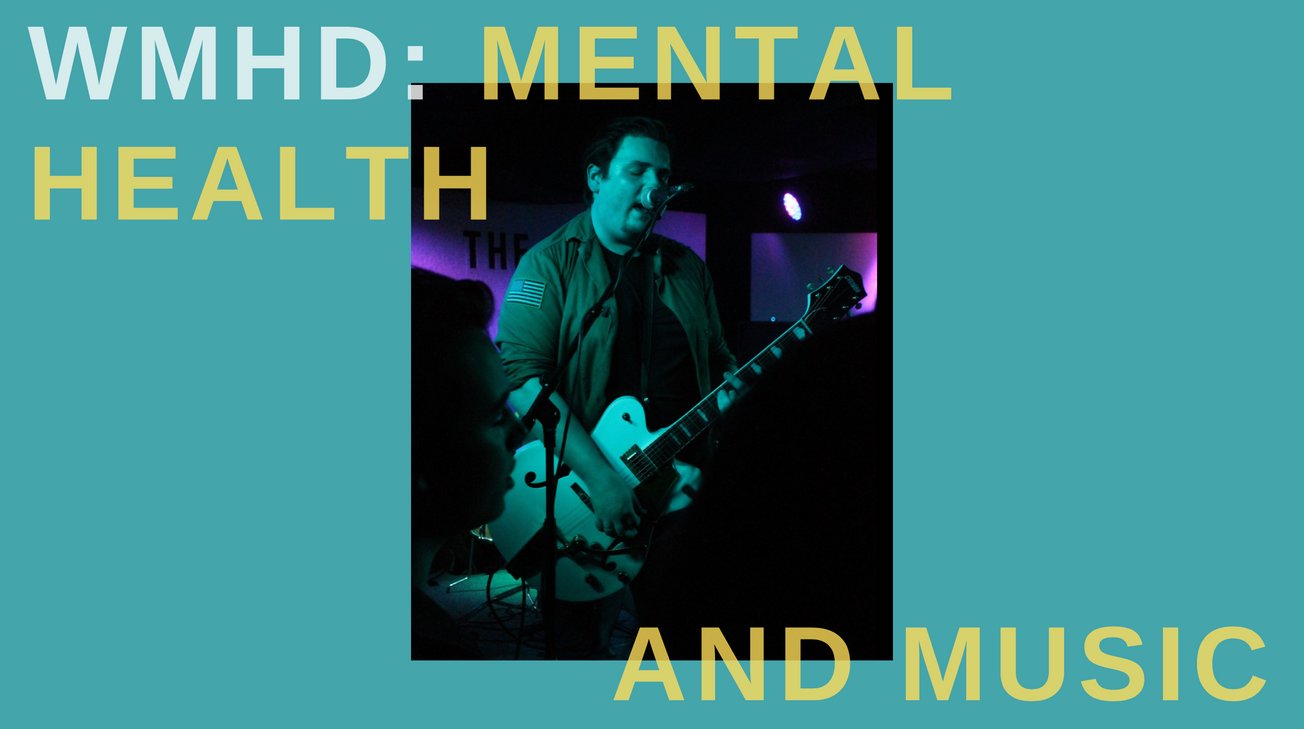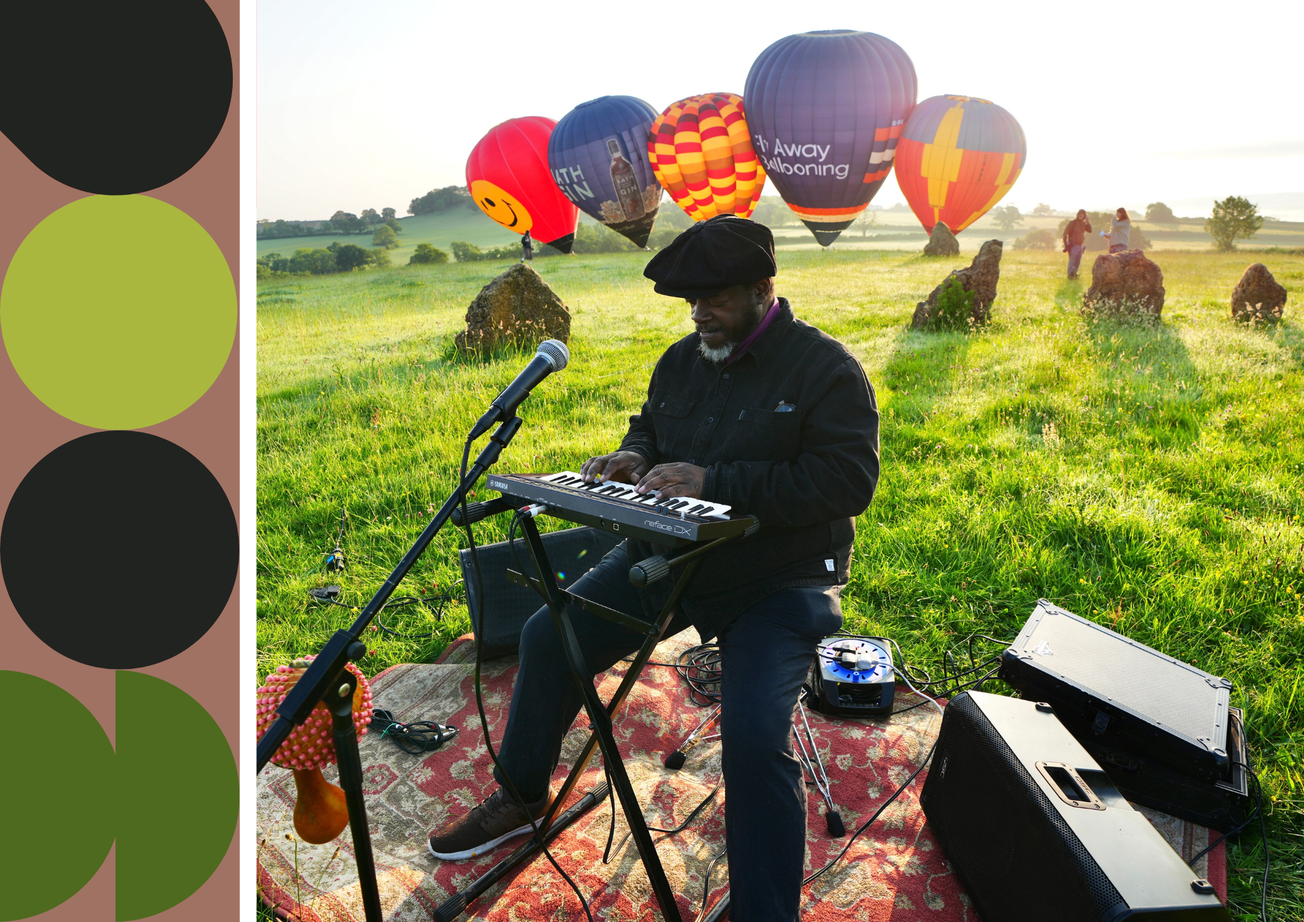By Aaron Wilkinson, Third Year History
*This article talks about issues surrounding depression and mental health*
In light of World Mental Health day, Aaron Wilkinson talks about the benefits music can offer when it comes to mental health.
With World Mental Health day upon us, I think it an appropriate time to discuss the benefits that music can play in dealing with mental health issues. While for many years the belief that forms of music often caused depression persisted, thankfully this attitude is fading and the benefits of music both as a form of therapy and as a form of catharsis are becoming increasingly clear.
I’ve struggled with depression, low self-esteem, and anxiety for years. When I was in my early teens they defined me as a person; in how I interacted with people, the world in general, and how I lived my life. This is a common struggle, but many people have come before me to tell of these issues and no doubt many will continue to voice these issues. What I want to talk about is how music helped me through the dark times and how I and others can use it. I’ve always believed that music is a universal language in of itself, that regardless of someone's ability to either play an instrument or to convey the way they understand and appreciate it, it is a defining part of the human experience. Most importantly there’s something for everyone with the vast number of genres and styles out there, this to me is the key to it’s benefits.
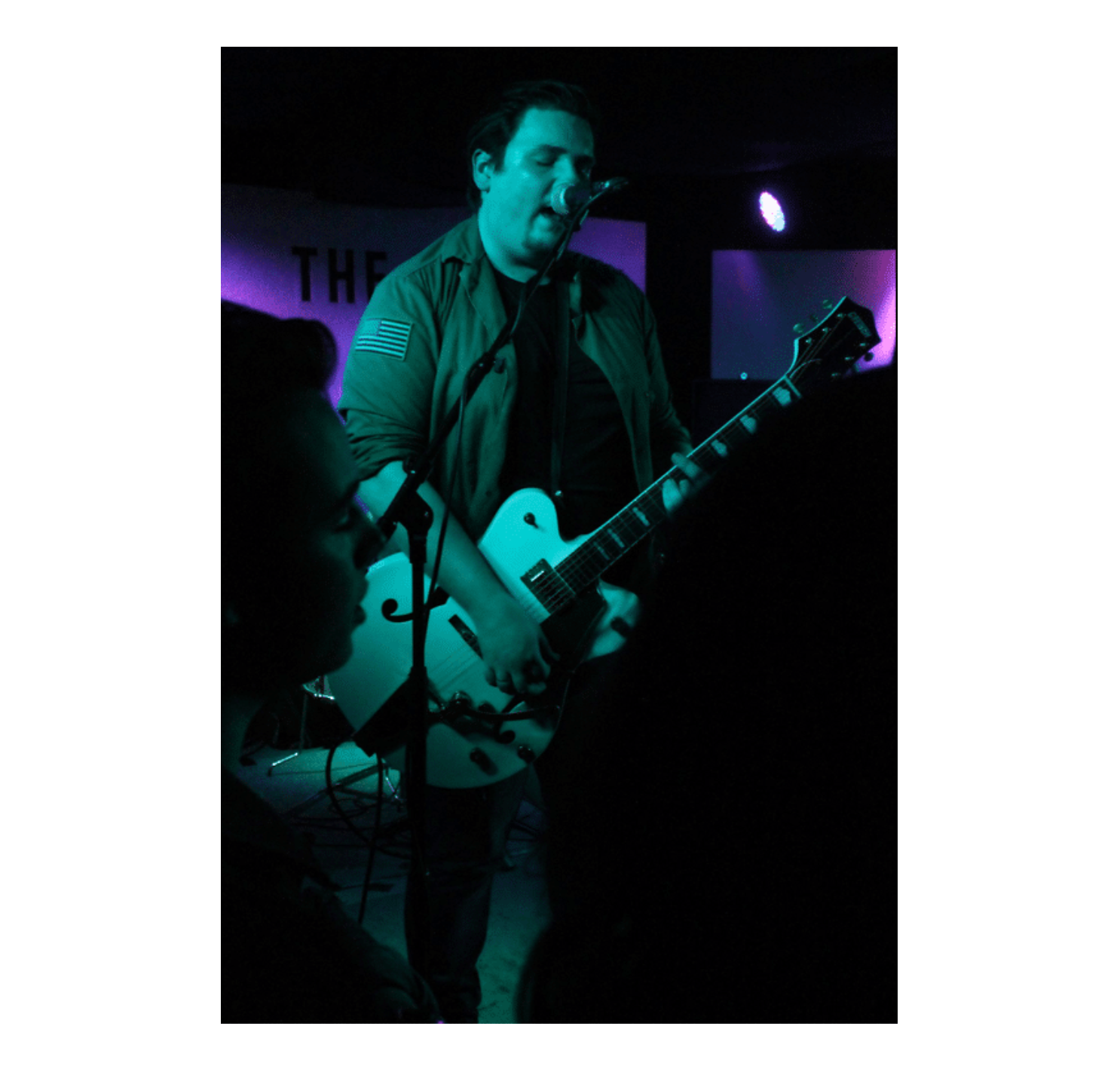
It is not an exclusive thing to only one given demographic and importantly, it is relatable and personable while remaining faceless. You can take solace in a song and relate to its message without ever fearing judgement. The one thing I feared when I first began to struggle with my mental state was that those I spoke to would judge me or worse, I would become a burden to them. I first started to struggle badly with these issues at the tail end of my GCSEs, I had set grades to achieve to head to sixth form and on a personal level I was struggling with friends and family alike. During these dark periods with my mental state, I found that two things played a big role in my recovering from any holes. The first was the open ears and arms of my friends, but the second was my favourite music. Having picked up the guitar at the start of my GCSEs, when I began to struggle I started to find solace in the instrument during my time at home.
Listening or playing along, I found that it offered a distraction to sitting with my own thoughts. While the help of those around us is crucial to the recovery of anyone dealing with mental health problems, the defining impact that music made on my own personal recovery was that it helped shifted my world view. Instead of stewing within my mind with my own problems, I had to listen to other points of view without dealing with the face-to-face judgement of speaking to another person. While talking to my close friends had helped, it had always been a double-edged sword. The relief of getting issues off my chest and giving myself mental breathing room was immense but then there would be a creeping concern that I was a burden, a tiresome weight to those I spoke to. With music I found the perfect solution.
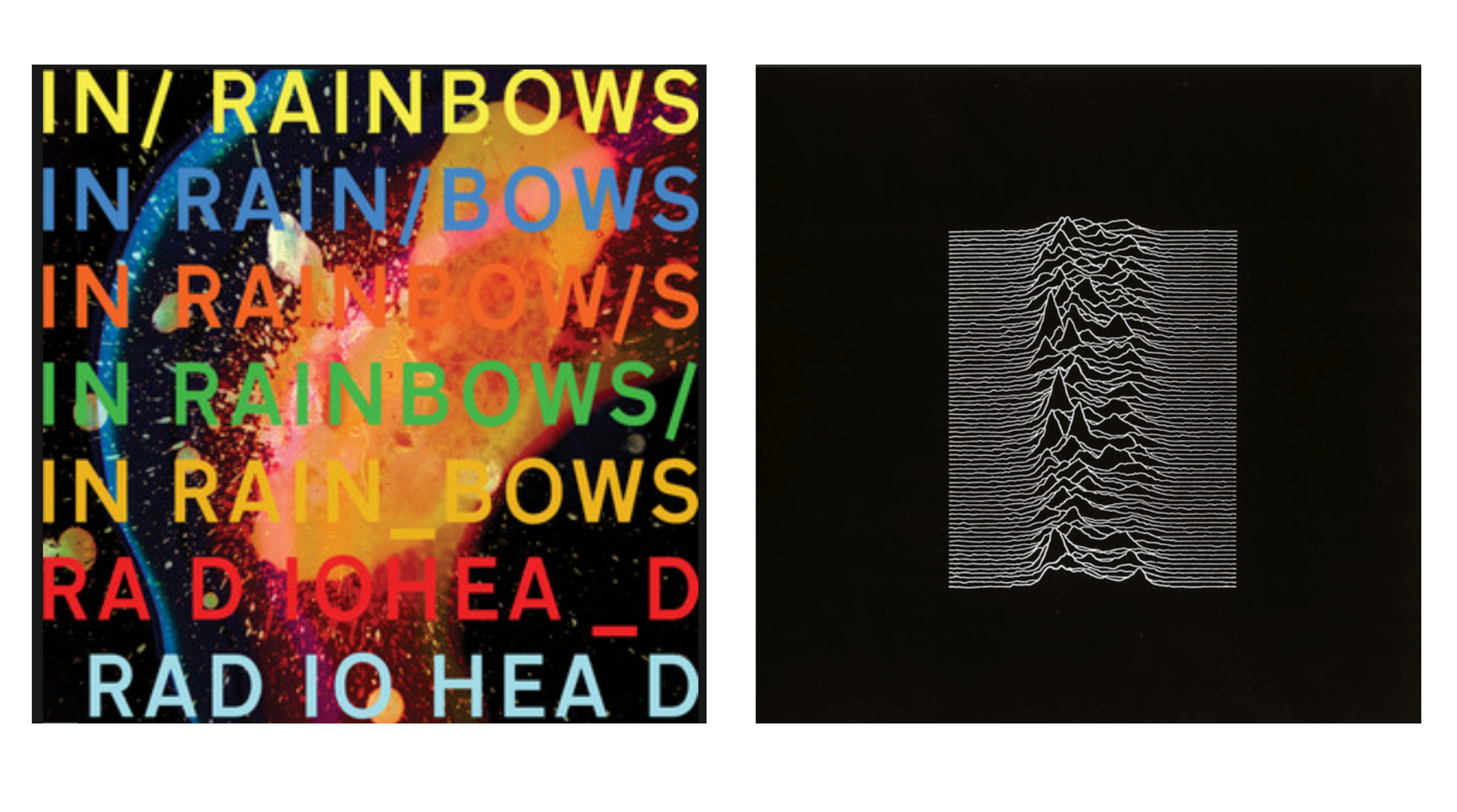
While previously I might’ve struggled to find even the enthusiasm to smile around friends and family alike, the positive impact of the music I listened to encouraged me to re-evaluate my mindset. While this didn’t prove to be an immediate cure, the impact upon my state of mind was profound. What truly astonished me was when I began to focus upon actually playing and writing music. I consider the benefits of this akin to methods such as writing a letter full of all you wish to say, even if you burn it. By taking the thoughts I was struggling with and putting them to song, I found I was able to expunge them from my immediate thought process.
Once again, this was not an immediate remedy, these thoughts were still problematic, but by using music as both a distraction and a cathartic release I was able to give my mind the breathing room it needed to deal with the issues. I feel it is important to note here that the music in question is not always positive. I found solace through both the upbeat britpop of Oasis but through the melancholy of Radiohead, Eels and Joy Division as well. Indeed, a French study carried out in 2009 for the Culture, Medicine, and Psychiatry journal found that fans of metal music typically had normal or less than average levels of anxiety and depression.
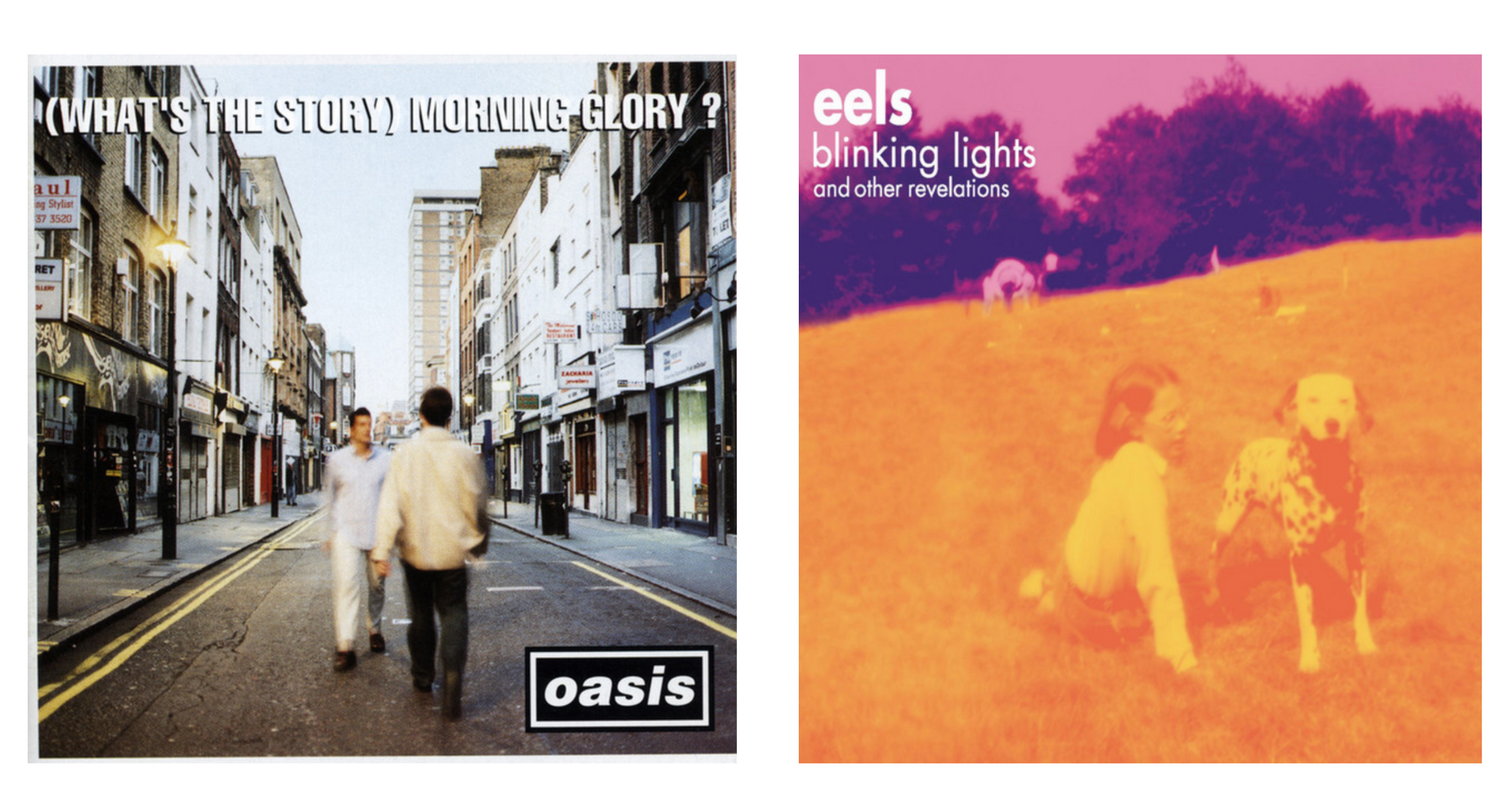
The music I write myself varies but it certainly isn’t always bright, upbeat and always positive, and if it was it would be disingenuous to myself as a person. I’m proud of the songs that I sing of my own struggles and despite the fact I find myself in a much better position than when I first started writing them. Just like the music that I listened to to deal with my troubles, the songs I have written still define me, but not as a mark of my problems. Rather, they stand as a testament to dealing with these issues and getting through them.
It’s important for me to say that I know not everyone will find what I found in music, the terrible nature of mental health is that everyone is different. Some may not find the solace I have in music, nor will some want to express their issues, but if you yourself are struggling, I whole-heartedly recommend picking up some of your favourite music. I found the upbeat nature of The Beatles and Oasis helped me the most. As Liam Gallagher once sang, ‘Its Getting Better Man!’
Don't suffer in silence: If you or anyone you know needs help contact the Student Wellbeing Service on: student-wellbeing@bristol.ac.uk or +44 (0)117 428 4300

